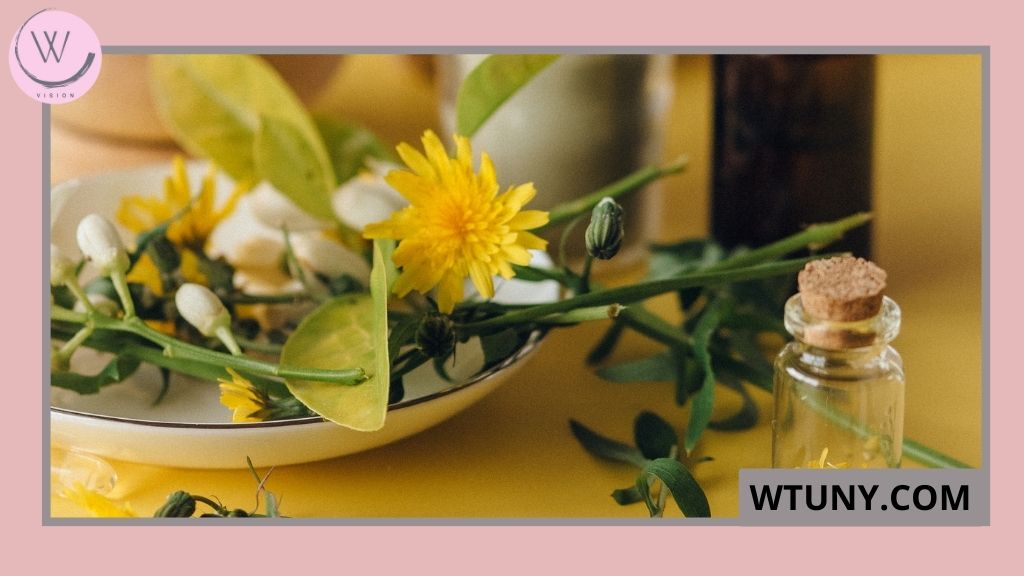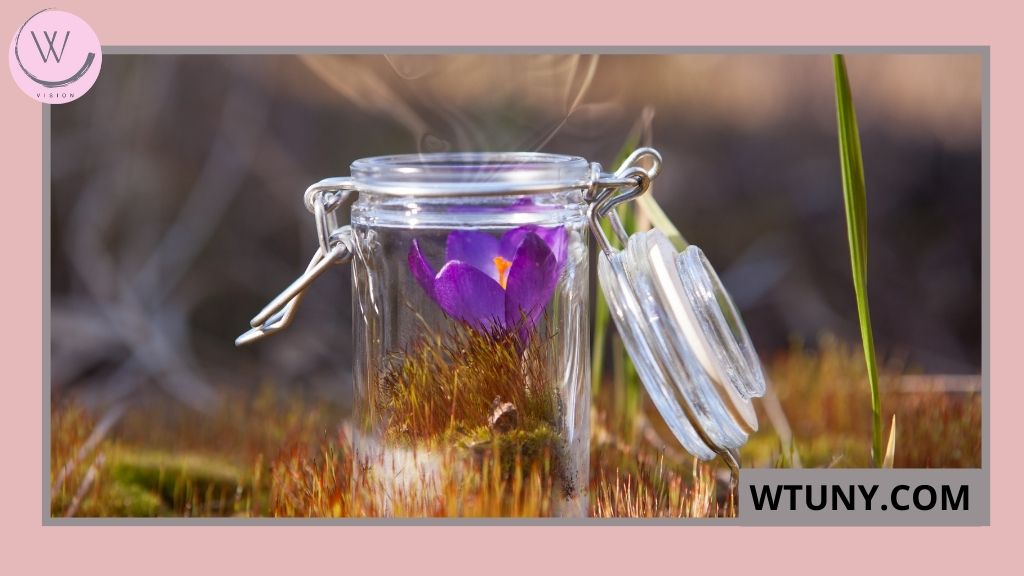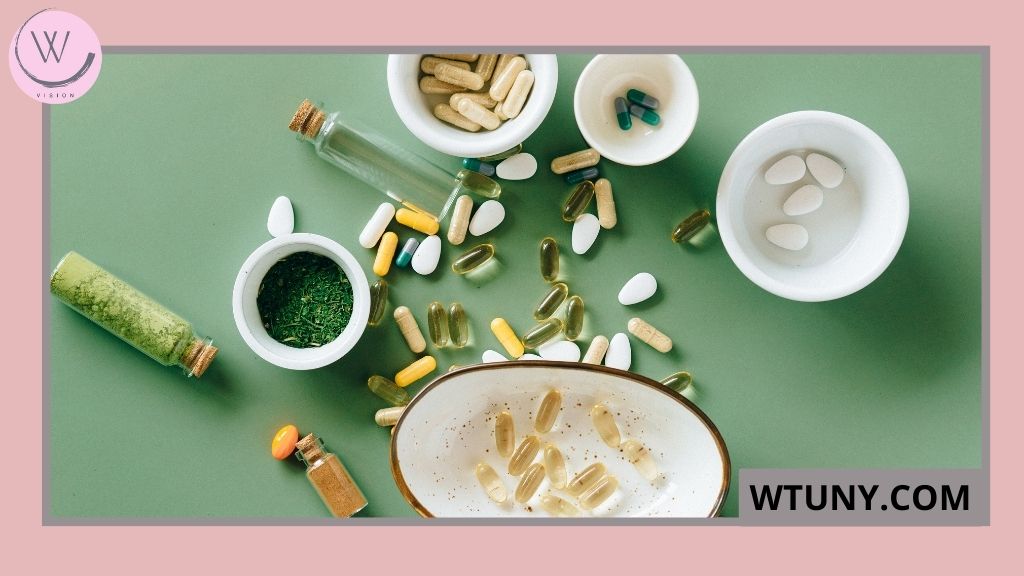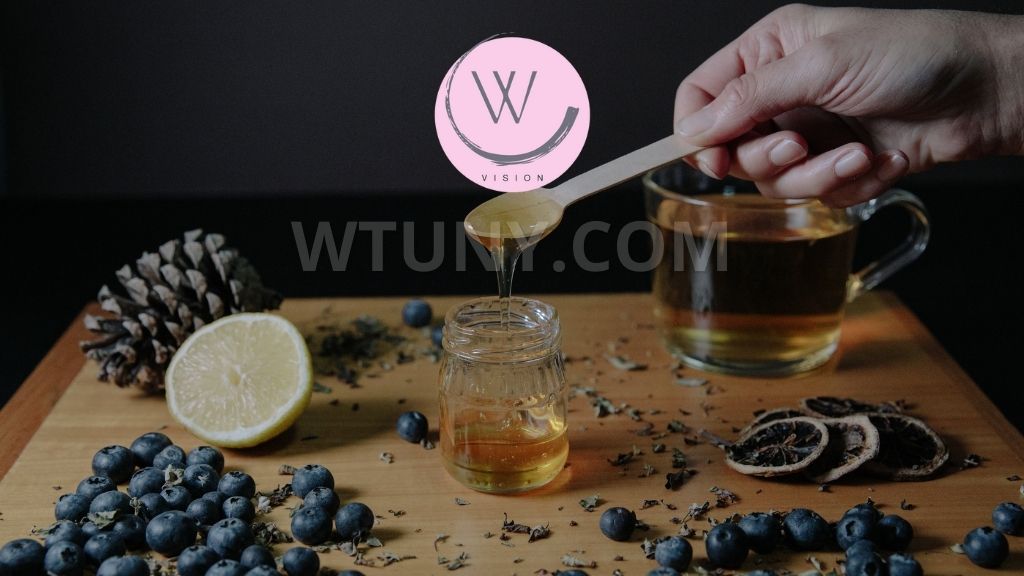The Vacha plant is undoubtedly an Ayurvedic medicine widely adopted and has been in use for more than 100 years. The plant with the name Acha from a local language, Acorus calamus, is a member of the monotypic family Acoraceae. The Washa plant is a grass species that is half aquatic and grows in marshy areas, e.g. in ponds, rivers, and swamps. Vasha is a creeping herb with flowering parts. It has a very aromatic and sweet fragrance of the essential oils it contains.
Chukuaanduzi ikiwe zake, waathi inaenda mahali hiyo mtu wa Mawingu wakuwai wacha yakuluwa na nguvu. It is the indigenous species of India and it occurs in Manipur, Kashmir, and Nagaland which are located in the swamps. Nevertheless, it also exists in different countries like Europe and Russia, Asian Congregation (China) and Sri Lanka, Japan, Indonesia, USA and Canada. The other varieties of Vacha plants, though less commonly known, are Calamus, Sweet Calumi, Sweet Flag, Sweet Grape, Myrtle Flag, Haimavati, Sadgrantha, Bach, Vikhandi, and others. Use and more.
Nutritional value of Wasa:

As 100 g of wacha contains a caloric value of 121.65 kcal., it is an energy-rich food. The nutritional value of the fascia plant is as follows:
β-Asarone, the main phytochemical present in this OCHA constitutes a massive percentage of its content. Furthermore, Washa has different other phytonutrients like tannins, beta-carotene, phytic acids, choline, flavones, and phenol. It also has methanol, camphor, eugenol, and other compounds which act as antioxidants.
Possible uses of Vacha:

Potential uses of Vacha include:
Possible uses of Vacha to treat diarrhea
Vacha perhaps exerts an “anti-diarrhoeal efficacy”. The findings of animal research conducted by Kapadia and, which examined the changes in brain chemistry, were remarkable. According to Alma (2012), was contained natural chemicals like glycosides and saponins thus in as much the water was poisonous, the plant may have helped in washing the poison. This phytochemist in the extract could aid in diarrhea and dysentery venue. But, further analysis is needed as it was carried out on animals. Further clinical studies are recommended to further guide the use of the plant wacha for taking care of diarrhea. If diarrhea is present, you must consult a qualified doctor and not self-treat.
Possible uses of Vasha for constipation
highlighted the fact that the rhizome of the plant called wacha has about 6.5% roughage content. Fiber can be one of the essential minerals and salts for the stomach, just as adding fiber to the diet can improve digestion, and it also plays a role in reducing cholesterol absorption. While it is beneficial to consume them in the right proportions, overconsumption should considered as other factors in the diet plan. Hence, fascia could be feasible for relieving constitution through combined actions of multi-tissues. On top of that, clinical trials should be performed sequentially (the continuation of application in the treatment of constipation). For better advice visit a specialist for prescribing related medicines. Avoid self-medication.
Potential uses of VaCha in treating ulcers
A natural compound extracted from the Vascha roots is called an antiulcer product. In another experiment, Ravatola, (1994) identified the presence of certain compounds which inhibit stomach acid secretion and aid in the prevention of ulcers due to the agents that are supposed to interrupt the mucous membrane. Despite the exciting laboratory studies on the use of washa in the treatment of ulcers, more human studies are essential in that aspect. It is advisable to visit an apt placed doctor when you have an ulcer and get consequential treatment.
Possible uses of Vascha for psychiatric disorders
Vacha plant can be enlisted as a conventional rejuvenate-generating system of the brain and can prevent mental problems such as anxiety and depression. The Manikaandan study in 2005 revealed that Osha plant extracts with several bioactive compounds can drop brain lipid peroxides (damaging chemical structure for brain cells and responsible for shortening their life span). This may give a resistance to memory loss and better learning outcomes as well.
How to use Fsha?

Vacha plant can be used as follows:
- Vacha rhizome can be mixed with ginger to make the ginger juice more effective.
- The perfect drinking temperature of vacha powder can be guessed by making a porridge with it.
- Vacha may be taken as a powder mixed in warm water.
The dry roots of papaya can be combined with beer and some type of food that can be taken as an aperitif.
I do advise you to consult about this with the physician before having large amounts of Vacha. Please consult your medical practitioner or submit to specific medical tests as you comply with your current modernized drug therapy and Ayurvedic/herbal medicines simultaneously.
Side effects of Pasha:

A review of vacha safety in animals postulated that it appeared to have toxic effects on experimental animals. Some Side Effects of Vacha Plant:
- Vacha essential oil contains beta-asarone (β-asarone) which is responsible for the cause of cancer.
- Stomach irritation
- Indigestion
- Persistent constipation
- Indignation of the stomach and intestines.
- Diarrhea
- Blood in the stool.
If you encounter these symptoms, call your doctor to assist you and provide therapies so you don’t have to endure the effects.
Let me tell you from the experience how come Vacha helps cure the colds of children which is upsetting the mother. By analogy, it can be likened to a unique medicine that attenuates coughs and sore throats. Overall, it puts the body back in the right state with no further symptoms. Balancing on a piece of Vacha the size of a pen end is like a mini spa session and a simple remedy kids can successfully handle in facing cold and cough symptoms.
Precautions for Vasha:

Vacha could be taken in smaller doses but bowing down to it would result in dire consequences. Nevertheless, the stomach’s capacity is limited, and eating large ratios might be dangerous. Therefore, it is necessary to take necessary precautions:
- Vacha has qualities that include fiber prevalence. One should not overeat as it can result in intestinal irritation which is caused by losing the nutrients, that weren’t needed there to begin with.
- Do not accept to use of Vacha herbal medicines if you are in the anti-depression therapy process because it may trigger a response between the preparations (herbs and the medicine).
- Do not consume the Vacha plant if you face any kind of digestion-related problems as it can lead to deterioration of the current digestive situation that may lead to constipation, diarrhea or bleeding during stooling.
- Pregnant/nursing women and those with sensitive or allergic skin should not exploit the Vasha plant without their doctors’ clearance.
- It is necessary for your little children or parents with difficulties to consult your doctor and if needed take the medicine.
Interaction

side effects of certain herbals may interfere with certain medications in the body, thus resulting in herbal drug interaction.
- The UN proposedities is not recommended for taking the Vasha along with antidepressants (MAO inhibitors).
- Research by L. Taylor, 1967; and G. W. S. 1983 demonstrates the beta-asarone presence within the Vashi extract, which is presumably toxic and carcinogenic in animal studies. On the other side, there are no effects of the organism on individuals as the effects on people are still under evaluation.
Hence, for safe use of Al-Fasha meds, you should not take them at the same time as some other medicines and consult your doctor immediately in case of any complication.
Furthermore, in case this medicine (Vacha) is rounded up with any other medications, more than conscientiousness should be exercised. Notably, there could be medicinal herbs and prescription medications involving ponderous complications of unknowns. To give yourself extra care and to achieve the best outcome, it is highly recommended that you not self-prescribe and instead find a quality health provider and consult with him or her about adding hybrid remedies, such as Vacha, along with your existing medications.
conclusion
Vacha ultimately invites us to join in the orchestration where ancient times and modern meanings sound on the same stave. As it tries to convey, it’s about hearing the secrets of forgotten wisdom, and at the same time, it hints at being mindful of the well-researched doubts of today. When we day by day walk the road of health, Vacha becomes not only a herb but also a guide; it is the very symbol telling that it’s the performance of harnessing balance and conscious choice that leads to the dancing of health and this rhythmic dance then is such long-lasting.







